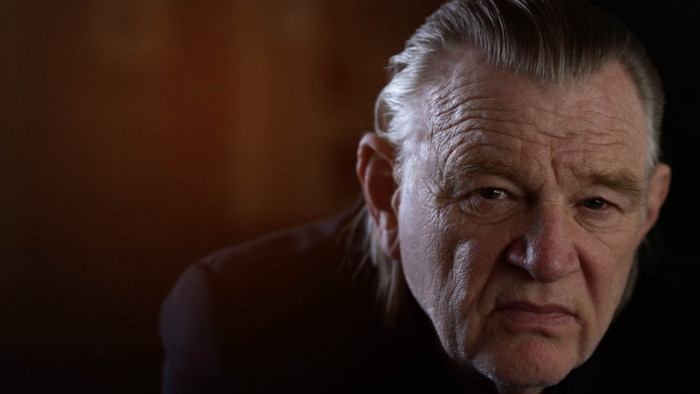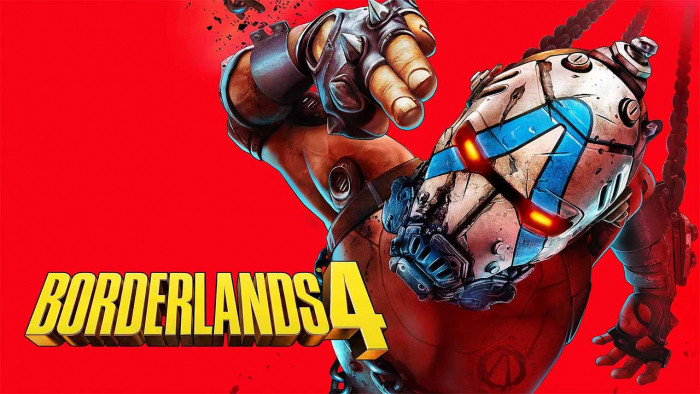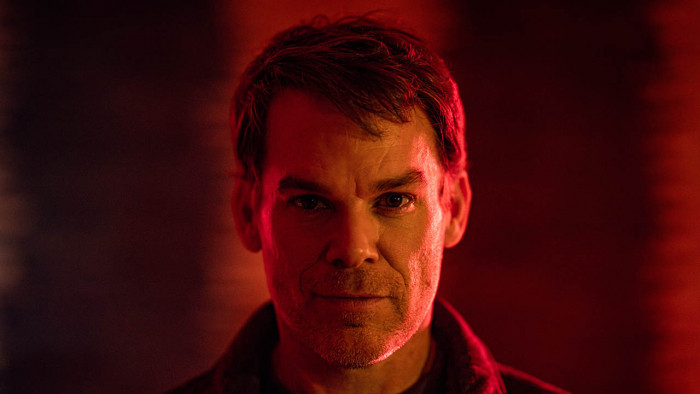Why nothing will ever beat BBC comedy
Stuff the streaming channels, there's only one true home of comedy


Today BBC television celebrates its 80th anniversary. Auntie Beeb has given us many great things in that time - news, groundbreaking documentaries, and some of the world’s greatest drama.
But as both a product and reflection of Britain, it’s laughed in the face of this nation’s many, many faults to channel our finest asset: our sense of humour.
Yes, as anyone who grew up on Blackadder and The Young Ones on VHS, or spent the 2000s communicating almost exclusively in Alan Partridge and David Brent quotes, will know, personalities have been shaped by these classic characters, and friendships formed over a mutual love of sitcoms.
The broadcasting corporation may have its haters, but BBC comedy is the best. Even in the age of streaming, with the number of terrestrial TV comedies depleting, it's influence will always be felt. And here's why:
It invented TV comedy as we now know it
In pretty much every format going too. That Was The Week That Was became integral to the 1960s satire boom, and a precursor to Have I Got News For You, The Day Today and even The Thick of It. Monty Python’s Flying Circus is still the most influential sketch show in comedy history and Hancock’s Half Hour was the first truly brilliant sitcom, beginning a British comedy tradition that remains to this day – the downtrodden idiot struggling with his own superiority complex (see also: Basil Fawlty, Alan Partridge, David Brent).
It has real heart
The Office redefined comedy. Not because it’s the first mockumentary sitcom (it isn’t) or because it’s greatest programme the BBC ever produced (it is), but because it added a layer of gut-wrenching feels that had rarely been seen in comedy before then. Del Boy had his moments (check out Del standing alone at the end of Rodney’s wedding to the sound of Simply Red – seriously sad stuff), but the emotional punch of The Office, as Dawn returns to kiss Tim and Brent has a glimmer of hope, is about as fine a moment as ever seen on TV - drama, comedy, whatever. From then on, every comedy tried to slap on that extra emotional layer.
It was proper rock ‘n’ roll
What kid didn’t enjoy the lunacy, mindless violence and silly swear words of The Young Ones? More than just a sitcom about four students sharing a disgusting house, its surreal edge spoke directly to a youth audience as both a reaction against the politics of the time and mainstream comics. It also introduced an entire generation of “alternative” comedians to TV – Rik Mayall, Adrian Edmondon, Alexi Sayle, Ben Elton, even Dawn French and Jennifer Saunders. Its influence isn't restricted to the early Eighties either: even today, be it via Malcolm Tucker's sweary antics in The Thick Of It or the warped animations of Monkey Dust, its shows continue to be loaded with anarchic glee.
We learnt valuable lessons about being men
For better or worse, BBC comedy’s greatest men have taught us everything we’d ever need to know. How to do a five-stretch and get away with doing naff all, like Fletch from Porridge. How to devise a cunning plan, like Edmund Blackadder. How to avoid the football scores all day, like Terry and Bob in Whatever Happened to the Likely Lads. How to rock a beret and trench coat, Frank Spencer style. How to propose ("You're my wife now!"). And, of course, how not to talk French to women or stand against bars, courtesy of Derek Trotter.
The Nineties were very much like making love to a beautiful woman
Every Friday night you’d get in front of the box, turn it on, and soon enough you'd be rolling around the floor and enjoying the very best of British. By which we mean, of course, that Friday nights on BBC2 in the 1990s was the place for brilliant comedy – The Fast Show, Room 101, Shooting Stars, Bottom, Red Dwarf, Fist of Fun, Knowing Me, Knowing You. They even had The Simpsons on BBC2 for a while. The decade also gave us the likes of The Royle Family, Men Behaving Badly, Absolutely Fabulous, The League of Gentlemen, and Big Train. Indeed, this period was a hot era for BBC comedy. Scorchio, you could say.
It removed cultural barriers
Ahead of its time in so many ways, sketch shows like The Real McCoy and Goodness Gracious Me gave a platform to distinct voices of black and Asian comedy talent. More than that, it united the nation in mutual appreciation for first-rate comedy - and to a lesser point all made us fully aware that Superman was categorically "Indian". Jasper Carrot and Meera Syal-starring sitcom All About Me also followed the lives of a multi-ethnic family in Birmingham, which included a son with cerebral palsy – an hugely progressive concept from was outwardly seemed like just another primetime lightweight comedy.
But then it's always breaking new ground
The BBC’s comedy is both nostalgic and also amazingly forward thinking. Shows like The Mighty Boosh, Nighty Night and Fleabag have pushed the envelope in terms of taste, style, and ideas. Broader comedies such as Mrs Brown's Boys and My Family will always be easy to criticize (even by BBC shows themselves - look at Extras’ workplace sitcom When the Whistle Blows – essentially what The Office would have been if put through the mainstream BBC One filter) but that’s kind of the point. BBC comedy has spoken to so many people in so many different ways over the 80 years that it's always going to appeal to different audiences. And lest we forget the cinematic release of Mrs Brown's Boys D'Movie topped the UK and Ireland box office in 2014, grossing £4.3m in its opening weekend.
So to all those at the Beeb, keep up the good work and hopefully we'll be reminiscing about the holographic laughs you gave us in another 80 years.
Latest


Brendan Gleeson to make West End debut


Borderlands 4 just got a release date change
Related Reviews and Shortlists







